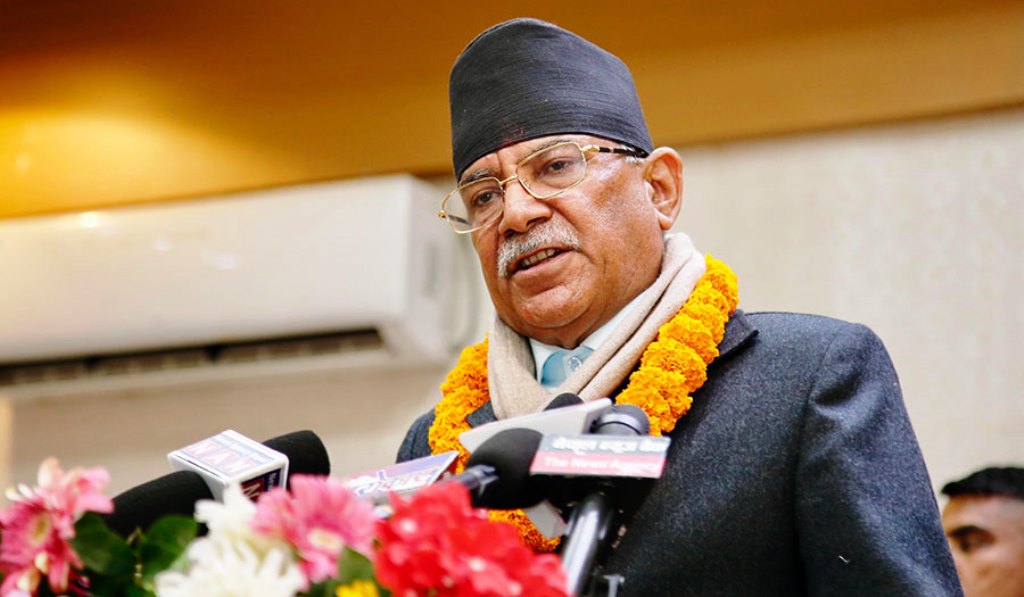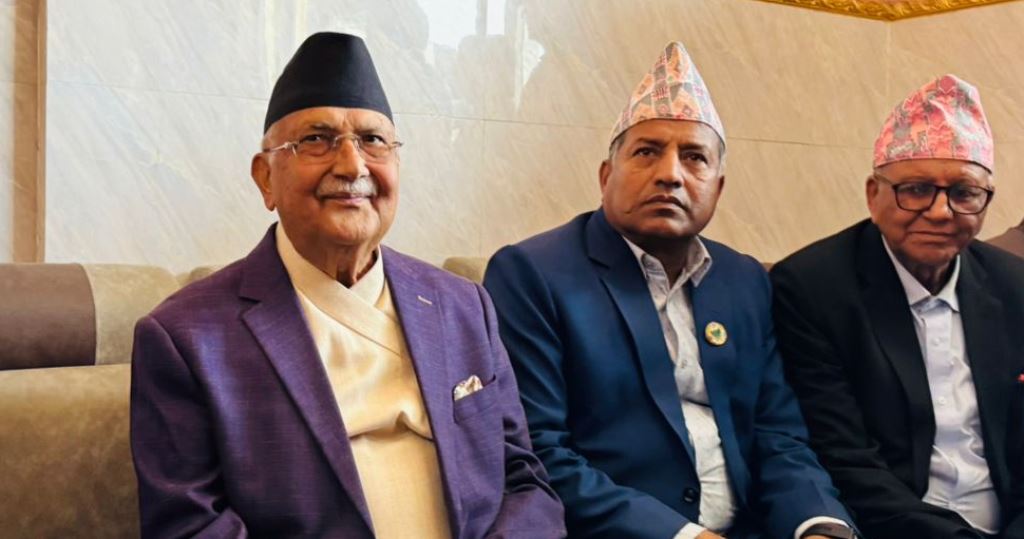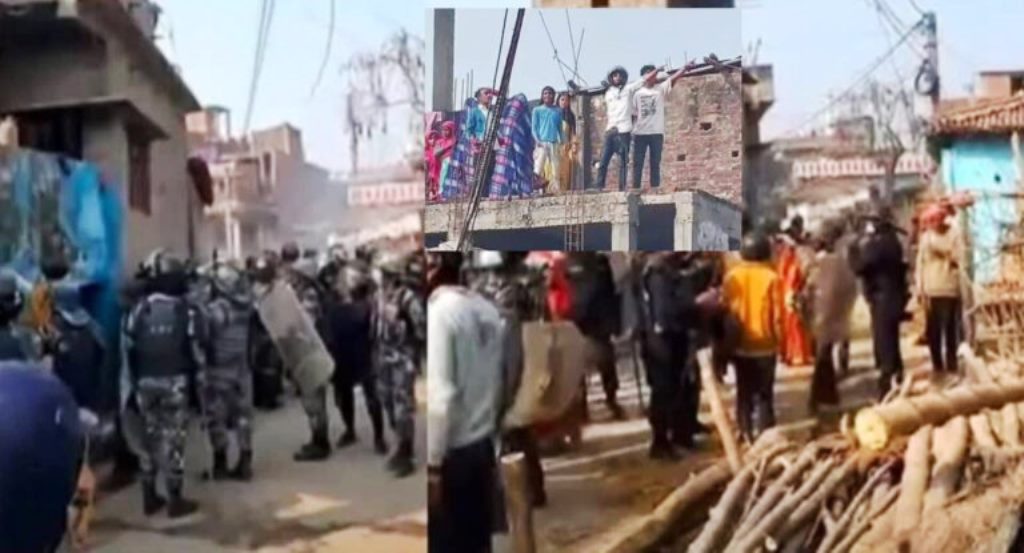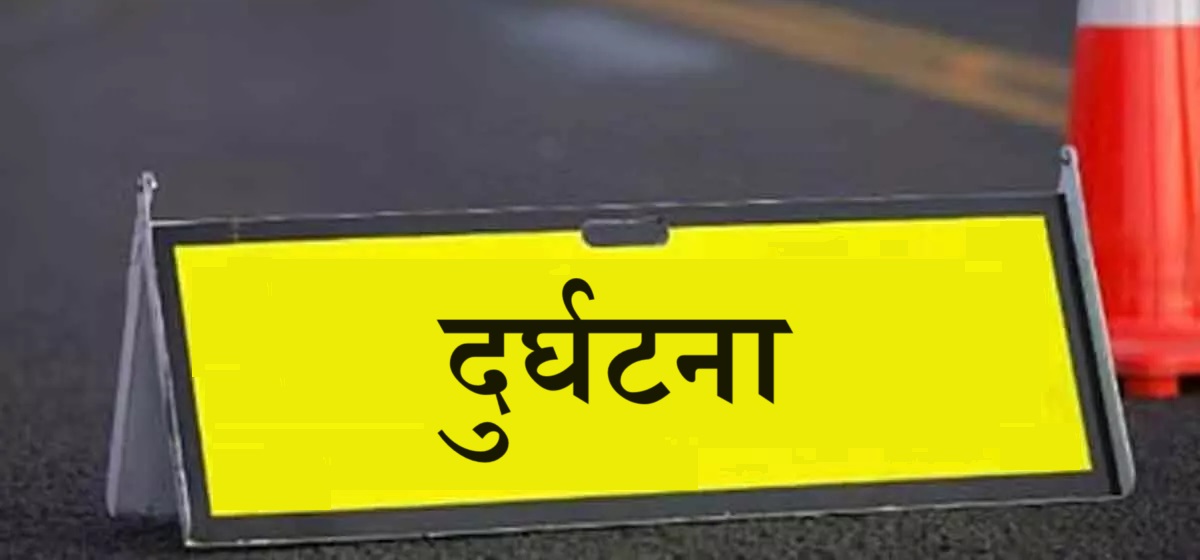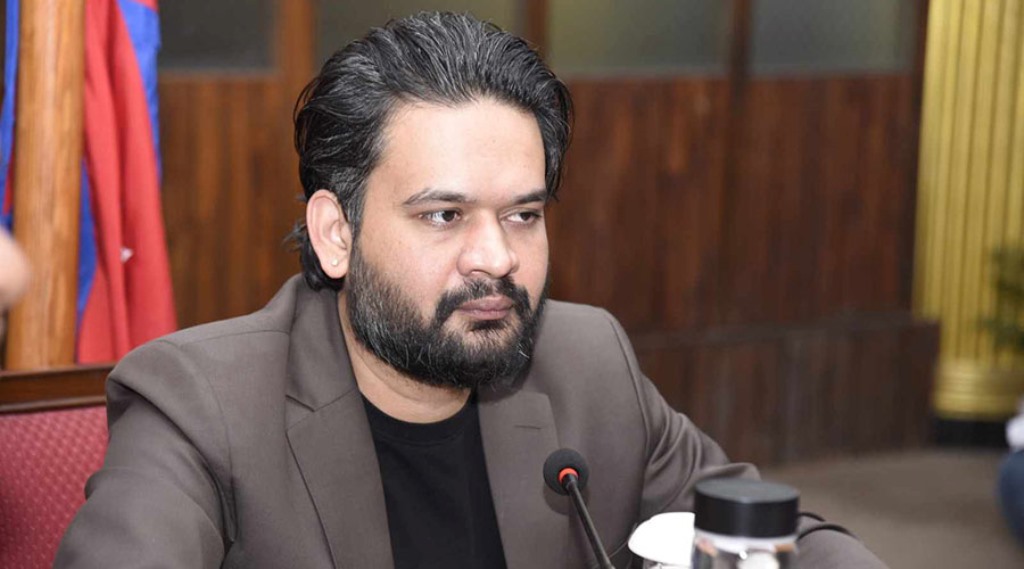The recent visit of the President of China, Xi Jinping has emboldened Nepalese Foreign Relations, which is the general public perception. A discourse on tri-nation collaboration is also getting at the front line. How do you understand this visit?
Chinese President visited Nepal after 23 years. This visit has strengthened the bilateral relationship between Nepal and China. He received the best warm welcome. A collaborative initiative works together for mutual development and growth is a stepping stone for Nepal to proceed further. It is an important endeavor to receive the President, facilitating dialogues at various levels, and cementing a relationship with the northern neighbor. During this visit, twenty-points MOU documented. However, the Nepalese government has not publicly disclosed the terms of the agreement officially. They simply released a press-brief at the end of the day. No one knows what were the treaties, what is the scope of legal cooperation, among others. However, a good point is that the Chinese President offered economic assistance for the3 integrated development of Nepal.
Another point is the tri-nation relationship. But, I think it is beyond the capacity of Nepal. Until China and India elevate this issue at the regional level, nothing will materialize objectively. First, they have to cooperate and collaborate. Nepal cannot facilitate or mediate to address the interests of China and India.
In the context of the tri-nation agreement, China and India agreed to collaborate to develop Afghanistan. It is the only tri-nation agreement. There is nothing like this anywhere. I think, why should we talk about that? The most important issue at hand is that we must maintain a very cordial relationship with China and India. People say that the relationship is mutually equal, but I do not agree with this narrative. Relations are never equal. There is no equal relationship with the countries, relationships are contextual and specific.
India is connected with our religious, cultural, linguistic, script and many other things. Without knowing, many things are connected with India. Even our faces, saliva, ears, nose are same with Indian people. There is a large number of Hindus in both countries as well. You have to go around here and there to get to Chardham. Indian people should come to Pashupatinath here in Nepal and Nepalese Hindus should to go there. But China does not have such the things. We need to learn from China’s development and cooperate with it. We need to learn from the technology developed in China.
Nowadays, Chinese train is very famous agenda in the public discussion. It’s okay to bring that train. But, what we will bring in the train? What to send? Actually,that train is very expensive for us. About 1/4 Nepal’s annual budget will be spent on it. Some people are saying that the train coming to Nepal from China should also be connected to India. Before talking this India have to agree to take Chinese train through Nepal. For that, there must be agreement between India and China first. After the agreement between the two countries, it is clear that you will use the goods shipped by another country. It is also something beyond the status quo. However, if it happens, it is fine. But, I don’t see any potentiality right now. There are some examples including West Seti. India and China were supposed to do it together, but after leaving India, China left the project.
It is also claimed that the government of Nepal was not well prepared regarding the agendas for President Xi’s visit. What is your opinion?
There is one serous point that President Bida Devi Bhandari and President Xi Jinping met at first. In my view that is unconstitutional. The constitution of Nepal does not allow the president of our country to do this. Our constitution describes President is totally ceremonial.According to constitution she has no right to do so. She should ask to the Prime Minister even when she is leaving from Presidential residence. The constitution has given her only a general right. That shouldn’t have been the talk. This went terribly wrong politically and diplomatically.
The Chinese president offered billions of assistance in the occasion of dinner party. That propaganda spread too quickly. But now, nobody says what that was about. Neither mentioned that in the press statement, nor the joint signing statement. When I asked to foreign spokesperson, even he didn’t know about this, and the government spokesperson as well. It is not fair for a diplomat to do such things.
Thirdly, After 23 years, the President of China came to Nepal so we were very enthusiastic, made extensive preparations. Our President, Vice President, Prime Minister, Ministers all went to the airport to welcome. But what will you do if the president of another country comes in tomorrow? It may not be possible for others. Then how do we maintain our protocols? The state will be huge burdened tomorrow. What to do when the President of India comes tomorrow? What will the Prime Minister of foreign countries do when the President comes? It doesn’t seem to care.
Fourthly, I think the good discussion meeting that had to take place for preparation was not happening between the Prime Minister and the President too. Actually meeting and dialogue had to be our Prime Minister KP Oli and President Xi.Because the constitution of Nepal has given all executive powers to the Prime Minister like the President in China.
Two days before the President Xi’s visit, his article was published in Nepal’s newspaper. In the article he mentioned four points. An important point among four is that Nepal and China are strategic partners. What does strategic partner mean? Interesting thing is that no one talking about it. Why?As I read, the strategic partner means related to security concerns. Do we agree now to share security systems with China? If so, what happened to our non-alliance foreign policy? What about that? The Joint Statement also discussed about strategic partnerships. The government should inform the Parliament on this. If that is a security issue, then you need to clarify how to strategize with China. It has to inform the Nepalese people. This is something beyond our foreign policy. Has our foreign policy changed? The government has to make it clear.
The constitution does not allow to change our foreign policy. In the future, this could make Nepal difficult. I have no complaint about the reception for President Xi. There was a great welcome, but the matters and thematic preparations for the bilateral talks did not go well. What do we need, what are our priorities? The government was not clear on that. What are our priorities and needs in the physical infrastructure. What is in education? What’s in the culture? It had to be clear. It is not clear that what does the relationship will develop at the people’s level mean?
Do you think that the preparations made during President Xi’s visit also become counter intuitive for other countries?
The most imbalance was that the ruling party tried to make the visit as their own party’s visit. At the party level, there was a meeting with President Xi under the Prachanda’s leadership. If this is the case, tomorrow the head of another country will come and asked to talk any other party. Someone will talk to the socialist, some to the Congress. Would you allow that to happen? Making a state visit a party is not good. President Xi did not come for a party, the CPN, Nepal has come by invitation. The foreign national chief, who visited Nepal before, had met all parties including Madheshi. Visitors from India have met everyone. But, didn’t they just talk?
One month before President Xi’s visit, the Xi ideology was trained in Nepal. In my view, the current constitution of Nepal and the current political system cannot accept the Xi ideology. Like as the political system in China is not in Nepal. Whereas, Nepal believe in the multiparty democratic system. China has a communist party government, there is not a multi-party system. We cannot learn from China in this matter. Because in China the Communist Party take a decision but does not in Nepal.We Should go to Parliament.Even when President Bhandari’s speeches came up, She mentioned Xi’s ideology also. If that is the case, then tomorrow, some other party will think of Hitler. That can be assumed. So is it possible to allow that?
The connectivity issues came up a lot during the President Xi’s visit. Only the Northern connectivity can be everything?
By geography, history, culture determines something. But, with the advancement of science and technology, we are destroying it. Only the Northern connectivity and relationship could not be enough for Nepal.We have business and transit relationship with India. What is currently seen in Nepal is that the foreign policy of the Oli government has revolved around China and India. PM Oli not paying any concern with Europe and America. Why?Europe and America are also our friendship country. They have played a major role in Nepal’s peace process. They also have a major contribution to Nepal’s democracy and human rights defense. We cannot look at them separately. They also have a huge contribution to our development process. The United States had proposed to support billions of rupees for Nepal’s road network development. However, the government did not take it to Parliament. Sowe have link our connectivity everywhere. One of the very important things is the connectivity network within the country has to be established.We have not been able to establish connectivity into our country. Here the apple of the twin does not reach everywhere; it in turn decays but, the apple of China, Kashmir and Simala (India) arrive in the market. If our economic prosperity is achieved then China and India will unite themselves.
During the President visit, Nepal did not talk about trade deficit between China. The Nepalese government failed to bring Chinese investment to Nepal. This time it was a big opportunity. But couldn’t able talk about business. Chinese companies have to invest in the manufacturing sector in Nepal. Investing in others is not beneficial.
Now the BRI and Indo-Pacific Strategy are in the debate. To some extent, the discussion is raised as contradicting each other. What is your opinion?
The main reason that India is not accepting the BRI is Pakistan. Some part of Kashmir is in India and some of in Pakistan. Both countries are claiming their territory. India and China are competitive countries. These two countries have even fought once. There is also a huge border dispute between China and India. Even though the trade is more than 90 billion. In my view, BRI is also strategic, it’s not just about related to development and connectivity. Indo-Pacific Strategy is also a strategic. We must have a balanced relationship with both. We cannot deny anyone Japan, America, and Europe. You can’t even China and India. We are also in the BRI, also in the Indo-Pacific Strategy.
(Dr. BijayakantaKarna is a former Nepalese Ambassador to Denmark. Currently working as an expert in the Center for Social Inclusion and federalism)


